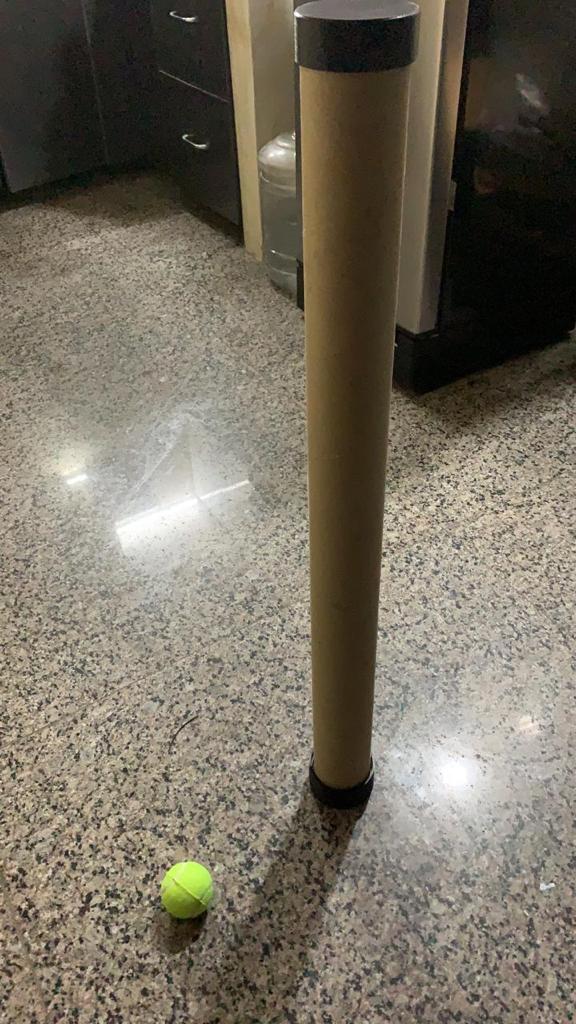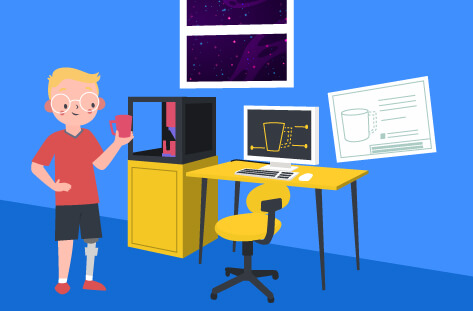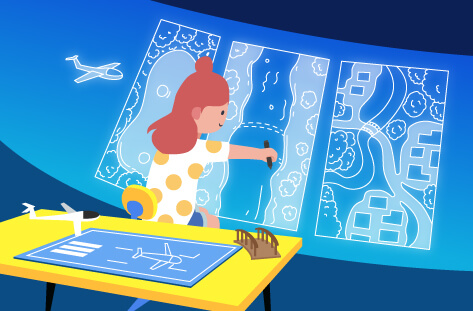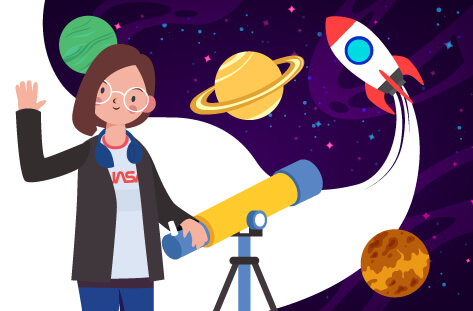

You may wonder "What makes sun burning all the time?" How do scientists know there are earth-like planets out there? Do you want to know the answers. This course may help you explore the COSMOS little further.
This course is based on astronomy .If you have a gazing eye then you'll get ample opportunities to do your own research and explorations.related to Space. The projects are cross disciplinary and covers concepts from physics, geography, Math, designing, chemistry, etc.
Your participation as a team will help you develop conceptual and 21st century skills while solving major astronomical problems on your own.
You will need the following resources & materials to work on the project
- An empty plastic bottle
- Cardboard made into a cone and 4 fins
- A cork
- A pump with a needle adaptor water
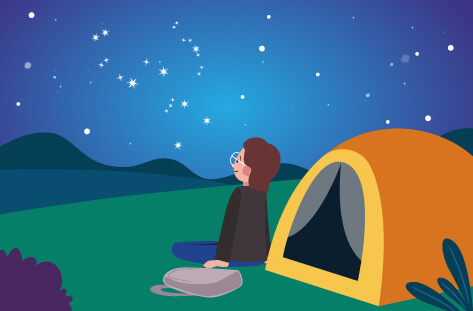
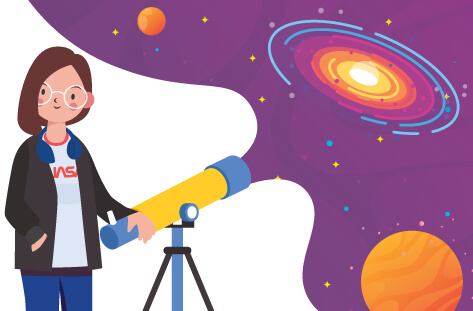
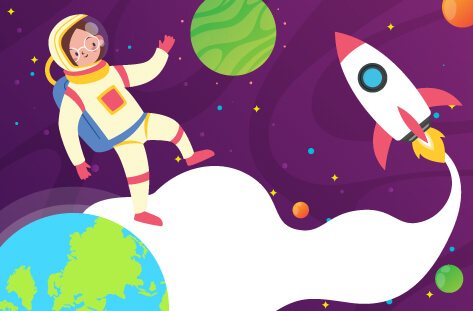
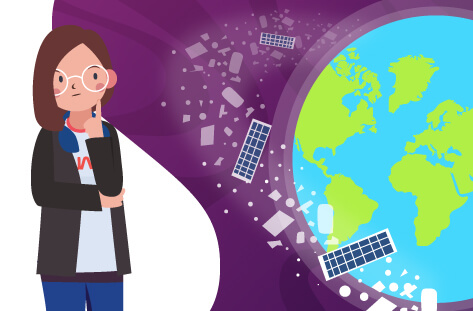
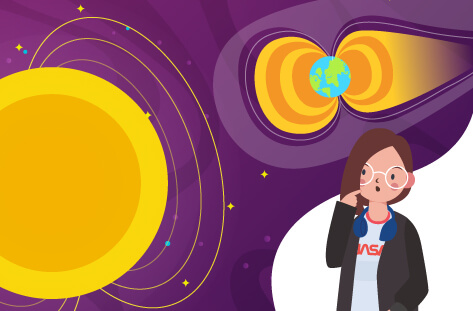
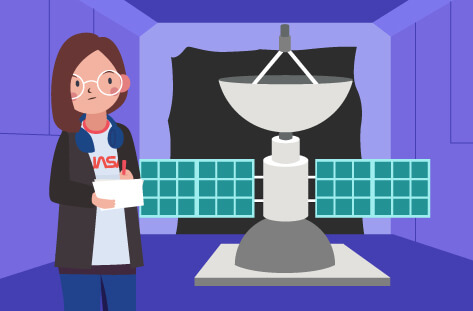
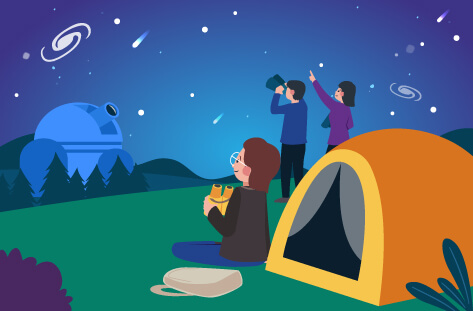
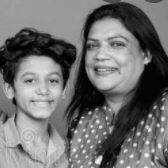
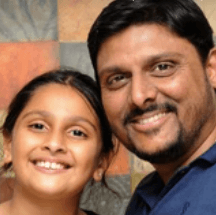
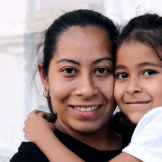
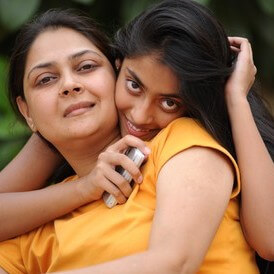
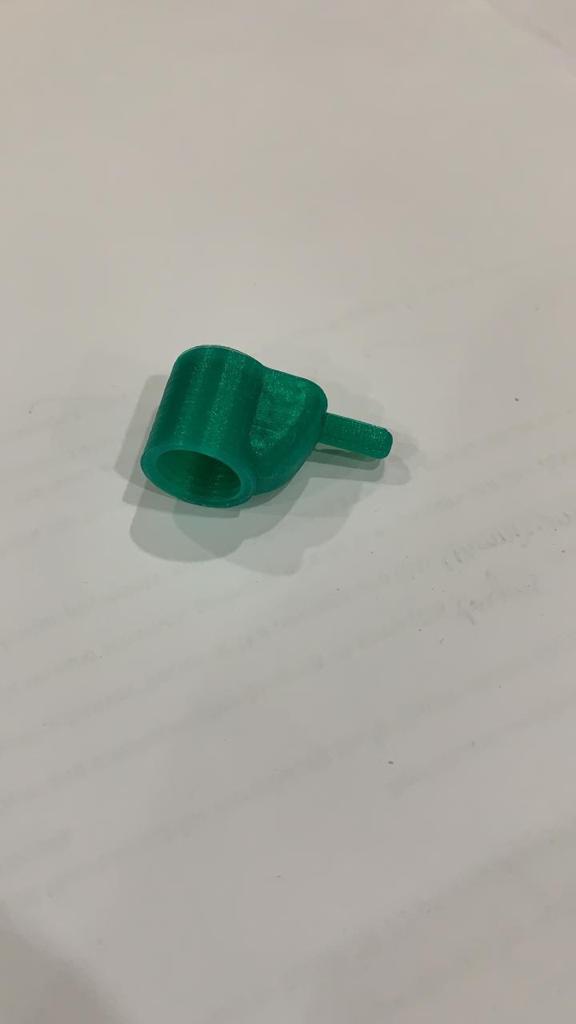
Learners Project
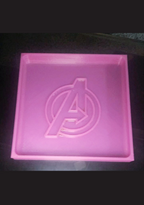
Learners Project
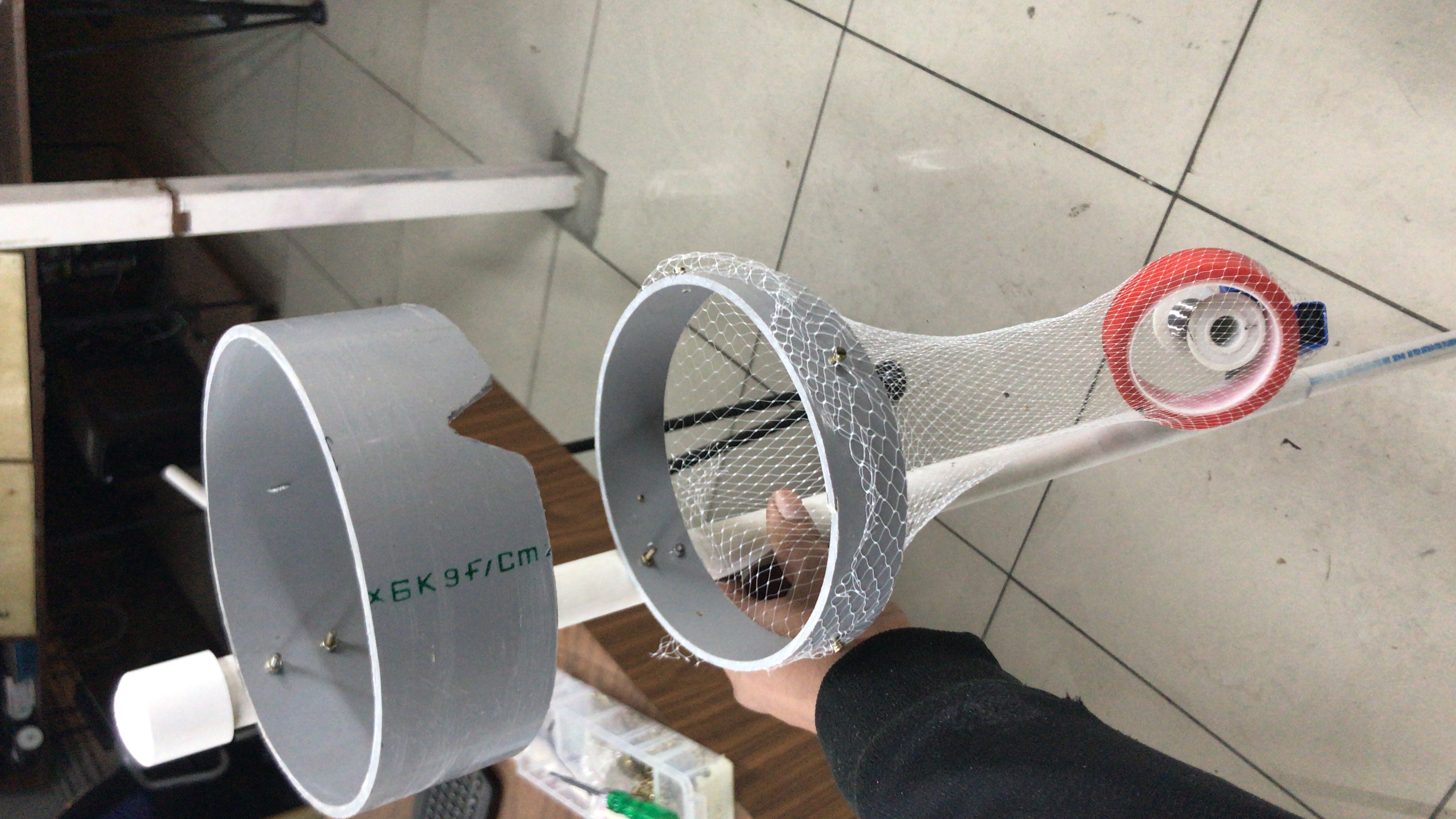
Learners Project
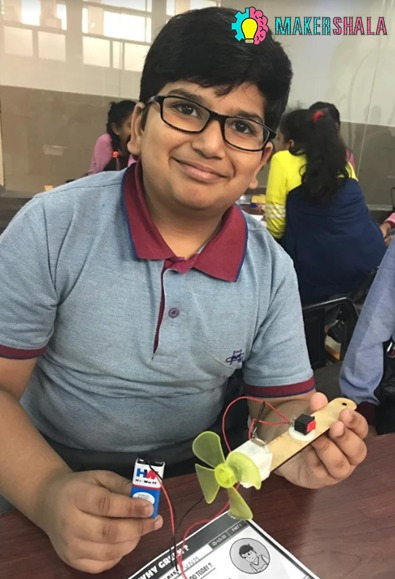
Learners Project
